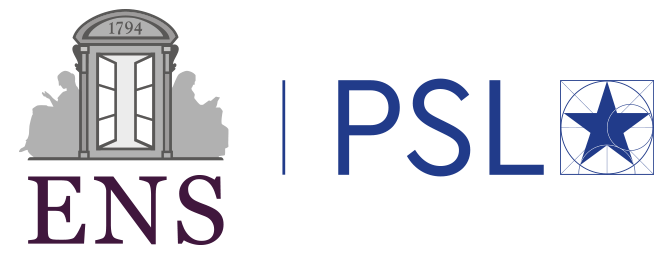Veuillez choisir un niveau.
Internship and thesis proposals
| Niveaux | Liens (à transmettre selon le niveau) |
|---|---|
| L3 |
https://stages.phys.ens.fr/fr/Select/L3
|
| Master 1 ICFP |
https://stages.phys.ens.fr/en/Select/M1-ICFP
|
| Master 1 Quantum Engineering |
https://stages.phys.ens.fr/en/Select/M1-QE
|
| Master 2 ICFP |
https://stages.phys.ens.fr/en/Select/M2-ICFP
|
| Master 2 Quantum Engineering |
https://stages.phys.ens.fr/en/Select/M2-QE
|
